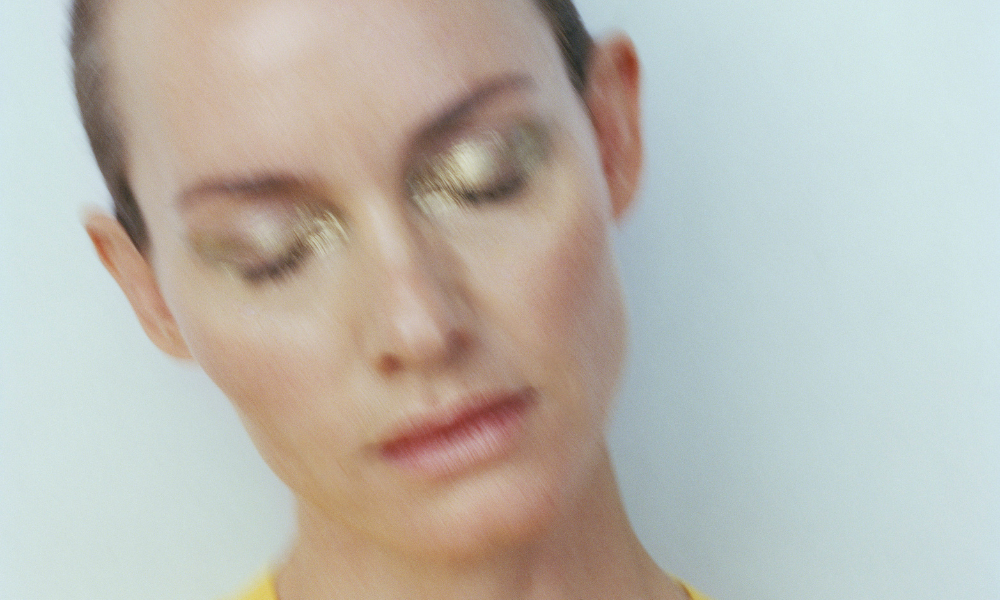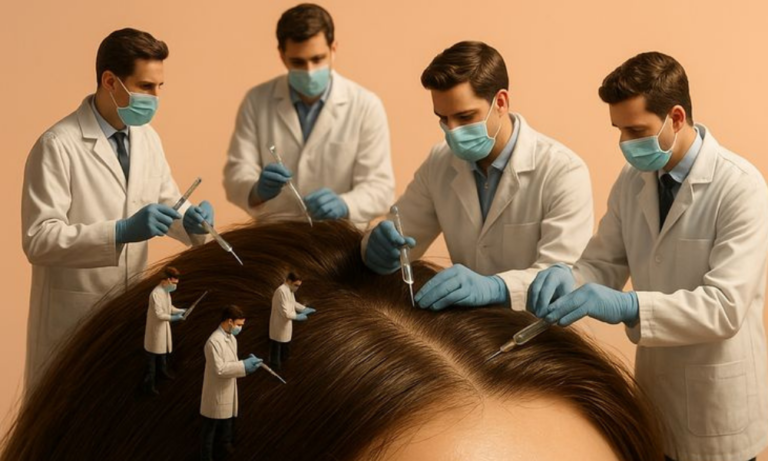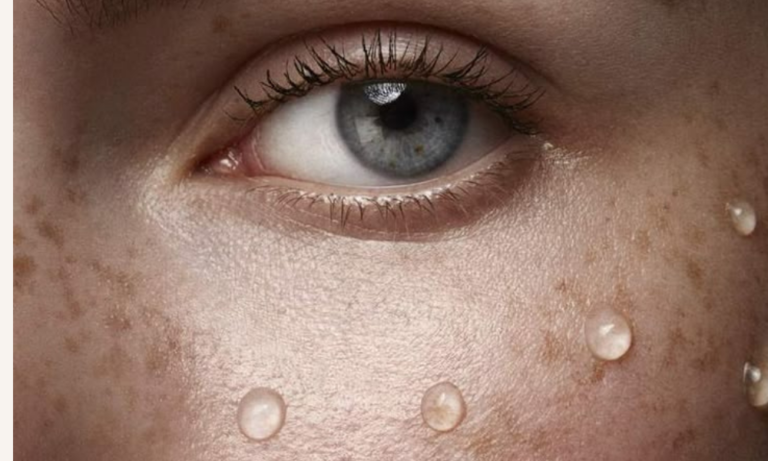If there’s anything your skin can’t do without in the summer – it’s antioxidants. They protect against the negative effects of the environment and work with the skin at the cellular level, stimulating regeneration and triggering metabolic processes, thus improving the skin’s overall condition. Let’s find out how they work and why they are so needed right now.
What happens to your skin in summer…
One of the current aging theories deals with free radicals. Free radicals – oxidants – enter the body along with oxygen. These are oxygen molecules with an unpaired electron which they are trying to get from neighboring cells. To get this electron, they attack cells and start oxidation processes – in DNA, proteins (collagen, elastin) and lipids (cell membranes). This condition is called oxidative stress.
The excess of free radicals slows down the natural synthesis of collagen and elastin and accelerates the aging process. As a result, wrinkles appear, the skin loses its tone and complexion worsens. In the summer, when we spend a lot more time outdoors and under the sun, the problem gets more complicated.
One can fight it with antioxidants. They fill the missing electron and neutralize free radicals. But those that we can get with food and supplements are critically few, and the skin in particular does not get them in sufficient quantities. Therefore, in the summer we need antioxidant cosmetics. Studies confirm that the addition of antioxidants to daily care helps to reduce the harmful effects of free radicals and “cure” the skin from oxidative stress.
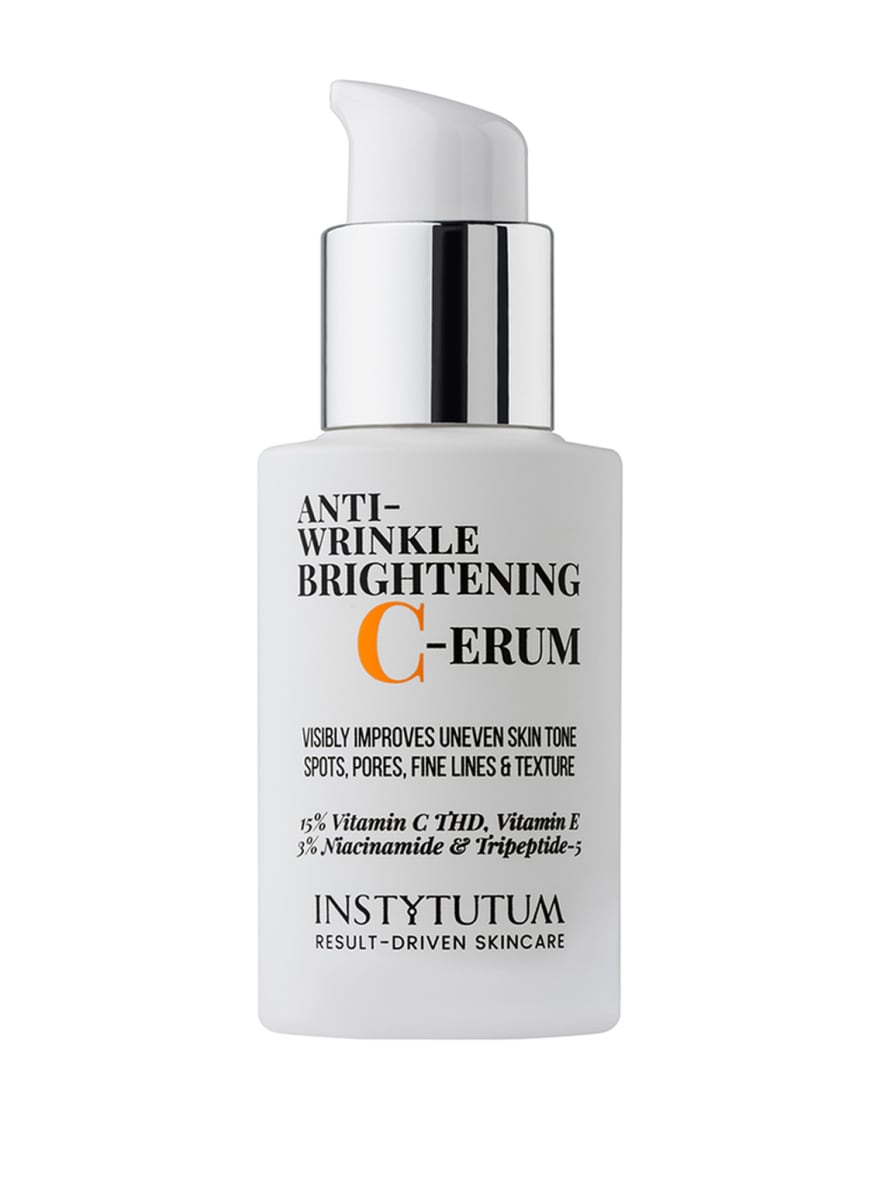
Benefits of using antioxidants.
1. They effectively eliminate the signs of skin aging.
Oxidative processes destroy collagen, interfere with the natural process of skin restoration and cause inflammation: this causes fine lines, wrinkles, skin flabbiness, rashes and age spots. By eliminating free radicals, antioxidants provide your skin with a younger and fresher look.
2. They slow down photoaging.
All antioxidants have anti-inflammatory properties, and thus they blunt inflammatory reactions during contact with ultraviolet radiation and provide enhanced protection against photoaging.
3. They stimulate skin regeneration.
Inflammatory processes slow down the skin’s ability to recover. By eliminating inflammation, antioxidants remove the visible damage caused to the skin and help restore its regenerative abilities. Some antioxidants, such as vitamin C, stimulate the production of collagen which is very important for maintaining healthy skin.
4. They even out the skin tone.
Free radicals and frequent exposure to the sun stimulate excessive production of melanin which causes age spots and spoils the skin tone and texture. By eliminating photodamage, antioxidants prevent hyperpigmentation. Some of them (just like with vitamin C) simultaneously slow down the production of melanin.
Based on my practice, antioxidants work best in intensive care products like highly concentrated serums. In the summer, we use them in the morning to protect the skin throughout the day and at the same time, to avoid negative consequences in the fall.
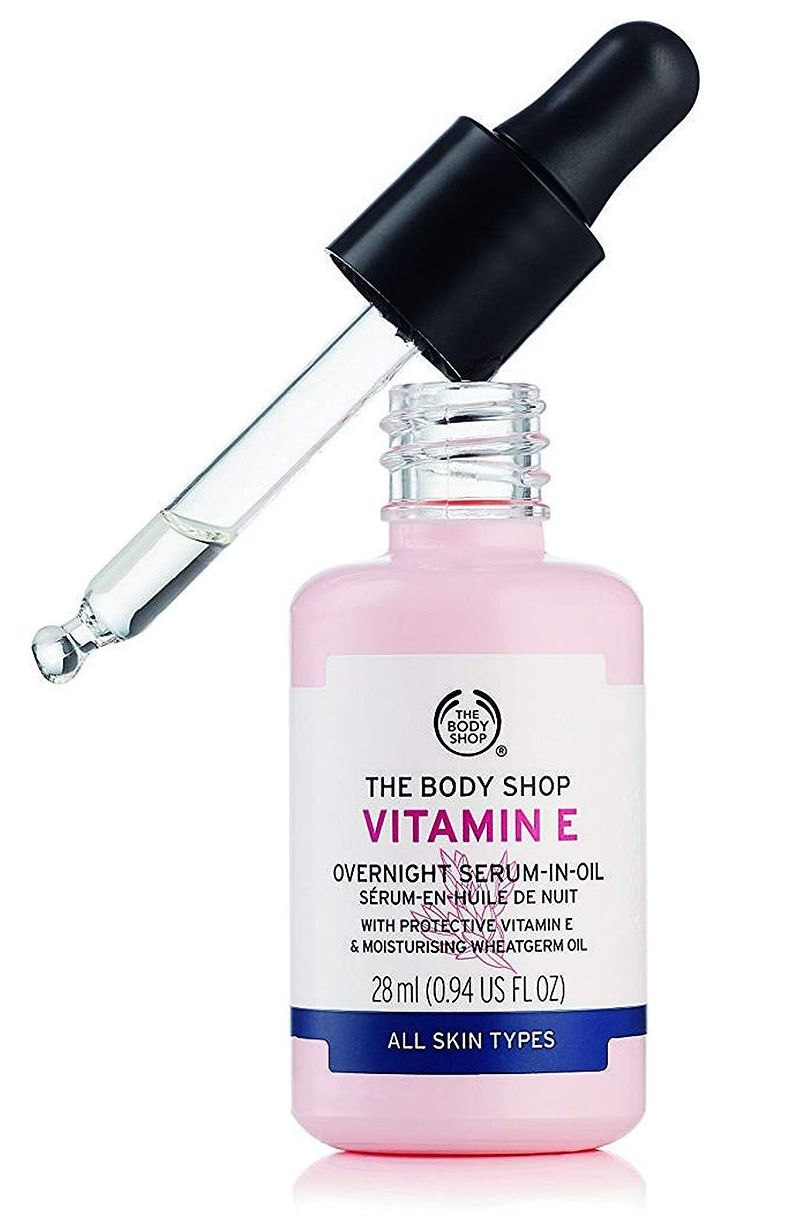
Summer must haves for the skin…
I single out three mandatory antioxidants for the summer:
Vitamin C (THD) smoothes the skin, evens out the face tone and has an anti-inflammatory effect. It has been used in skin care for a long time. But out of 100 companies, only 3 to 5 use formulas that actually work.
Vitamin C can be water- (ascorbic acid) or fat-soluble (marked as THD). The fat-soluble one is 50 times stronger, besides, only vitamin C can penetrate deep enough into the skin, bypassing the protective water-lipid membrane. The concentration, optimal for vitamin C, is also important: it should be 15%.
Vitamin E (tocopherol) is also called the “vitamin of youth.” It combines perfectly with vitamin C: products with this combination impeccably moisturize, lighten and protect against free radicals. Vitamin E protects the skin’s defensive veil and reduces the harmful effects of UV rays. It also increases the ability of cells to regenerate, improves their oxygen saturation and stimulates collagen production, giving the skin a younger and fresher appearance.
Niacinamide (nicotinamide, nicotinic acid) is a derivative of vitamin B3 which the body produces naturally. With age, its synthesis slows down which, incidentally, is also called among the causes of skin aging.
Niacinamide works well with both dry and oily skin and is also non-comedogenic – it doesn’t clog the pores of your skin. It perfectly fights hyperpigmentation, stimulates
collagen production, improves the protective functions of the skin and reduces fine wrinkles. It also reduces transepidermal moisture loss, soothes, and has anti-inflammatory effects. Its only minus is a specific smell, to which you will need to get used. Of course, it’s not to everyone’s taste. I personally feel comfortable with it.
And remember about safety precautions: when using products with these components, be sure to use SPF 50 sunscreens. Good protection from the sun in the summer is generally beauty rule No. 1.
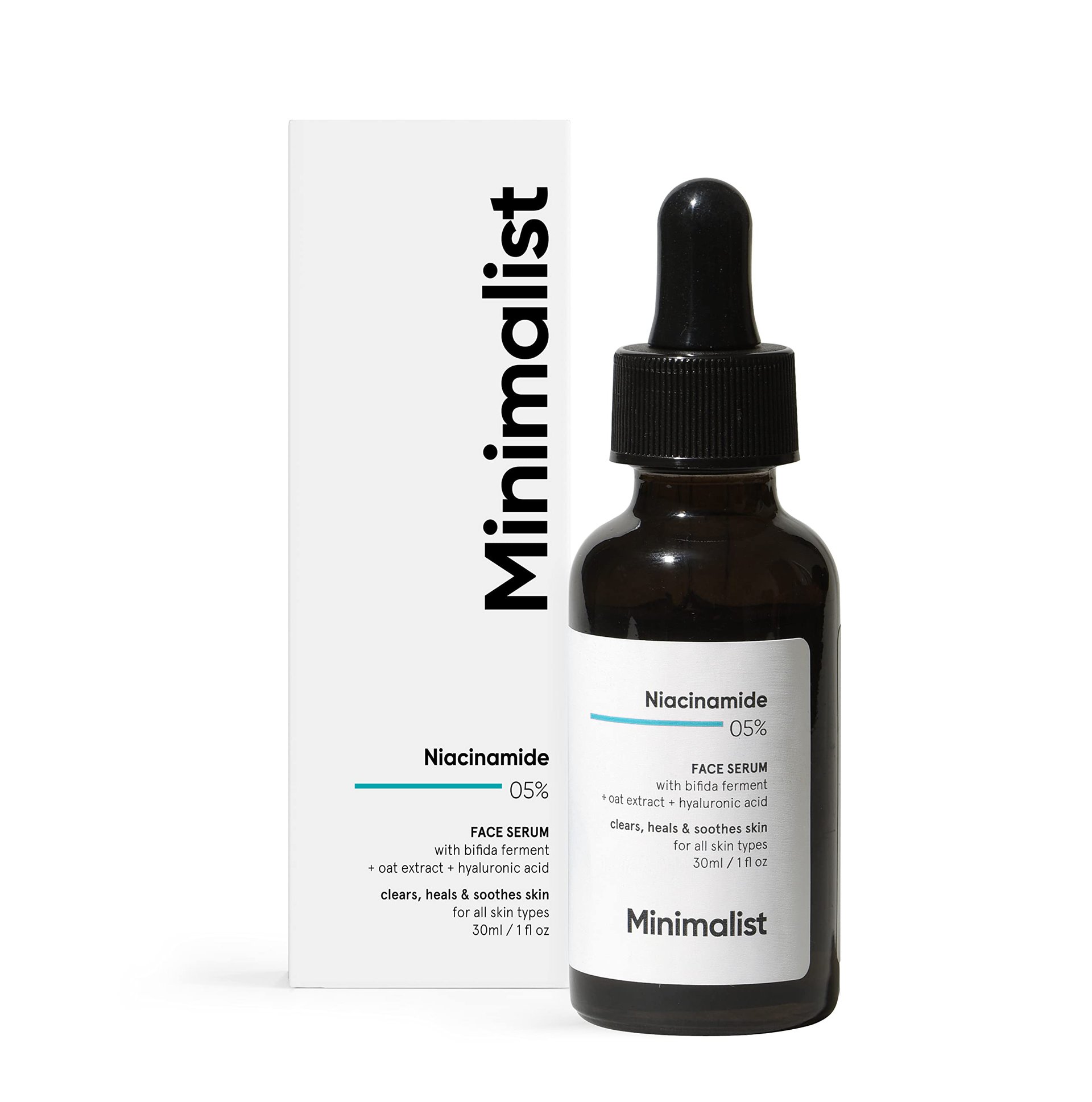
ALSO READ: NEVER LATE TO DISCOVER ALL ABOUT SULFATE VS. SULFATE-FREE SHAMPOOS.
